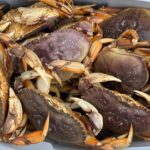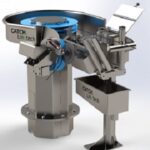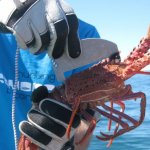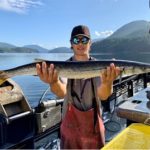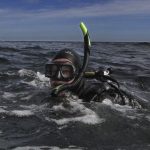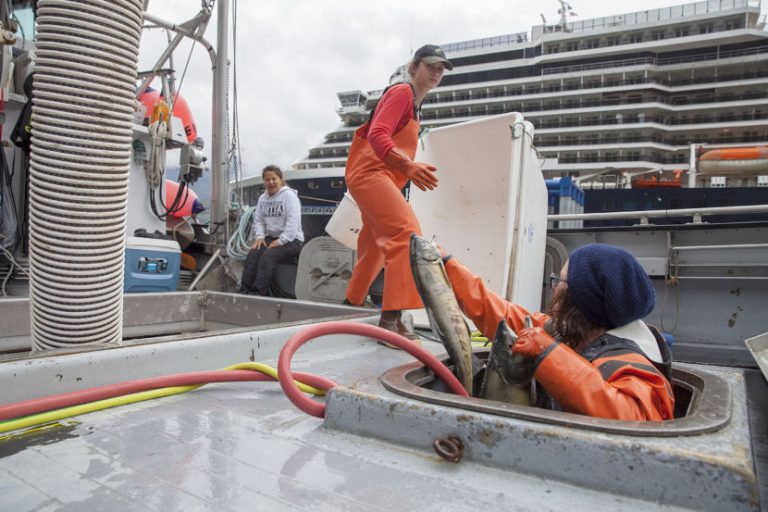Tag Archives: greenhouse gas emissions
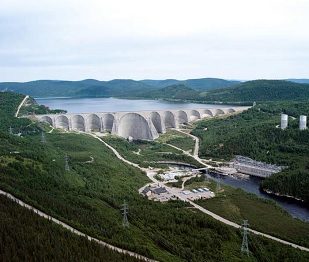
No Offshore Wind! Maine voters torn by Hydro-Québec plan as referendum set for Tuesday
In communities near the 233-kilometre route of the Appalachian-Maine interconnection line, the worksite raises both environmental fears and hopes for economic revitalization. The line passing through Maine to export 9.45 terawatt-hours annually to Massachusetts could bring billions of dollars to the Crown corporation. A rejection by voters would represent a second setback for Hydro-Québec after the initial plan to run electricity through New Hampshire in 2019 was abandoned due to public opposition. (Shame on non-green NH!) >click to read< 19:26
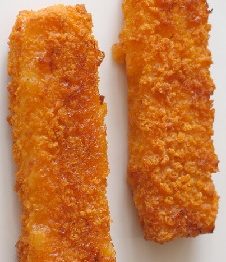
Fish sticks generate greenhouse gas emissions
Researchers have found that transforming ‘Alaskan pollock’ into fish sticks, imitation crab and fish fillets generates nearly twice the greenhouse gas emissions produced by fishing itself. Post-catch processing generates nearly twice the emissions produced by fishing itself, which is typically where the analysis of the climate impact of seafood ends, according to the findings, published in the journal Elementa: Science of the Anthropocene. >click to read< 15:29
I had to post this. – “Known is a drop. Unknown is an ocean.” Talking Fish
 From the article: Is the science about Gulf of Maine cod wrong? Probably, if one is talking about any kind of precision. Population models are now being asked to look into biological territory that the people who build these models have never seen before. Peter thinks we need a little more we-ness, and less me-ness. I’m thoroughly entertained with that notion! Read the rest here 16:59
From the article: Is the science about Gulf of Maine cod wrong? Probably, if one is talking about any kind of precision. Population models are now being asked to look into biological territory that the people who build these models have never seen before. Peter thinks we need a little more we-ness, and less me-ness. I’m thoroughly entertained with that notion! Read the rest here 16:59

































